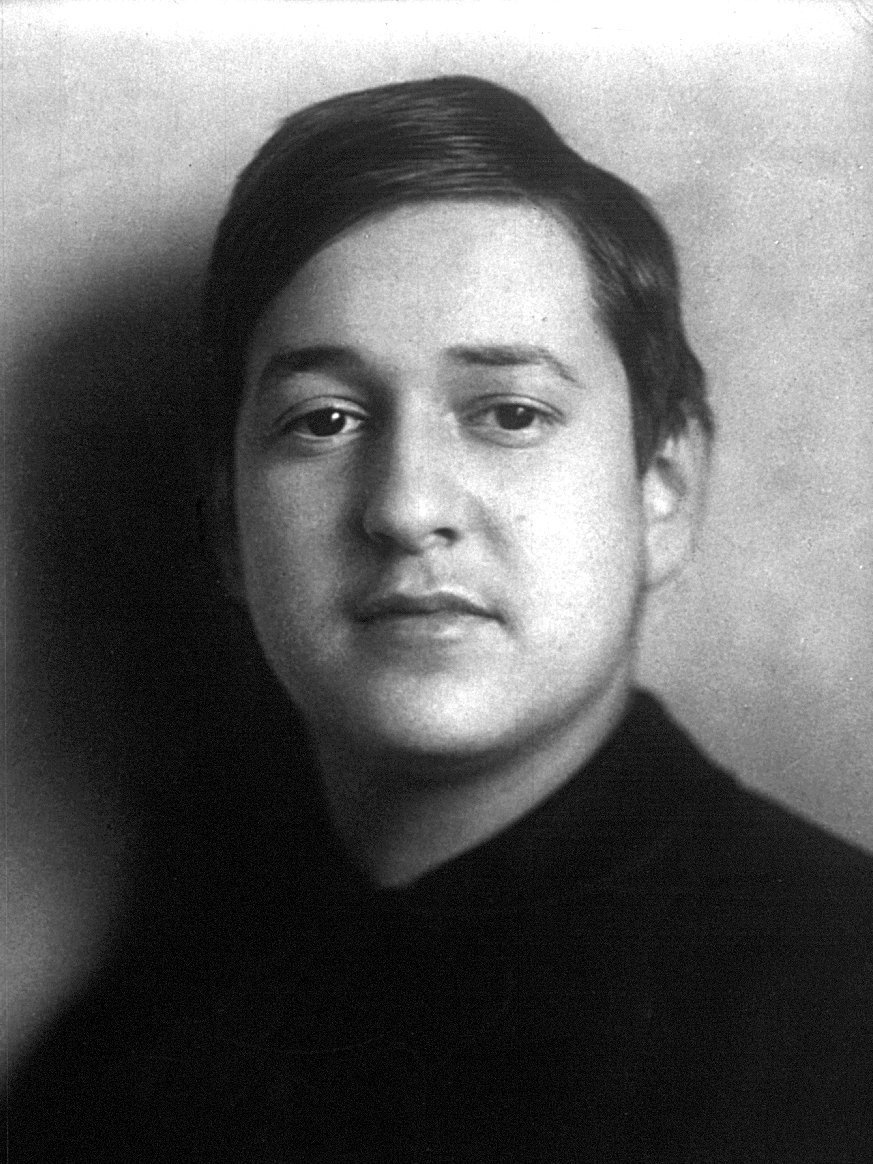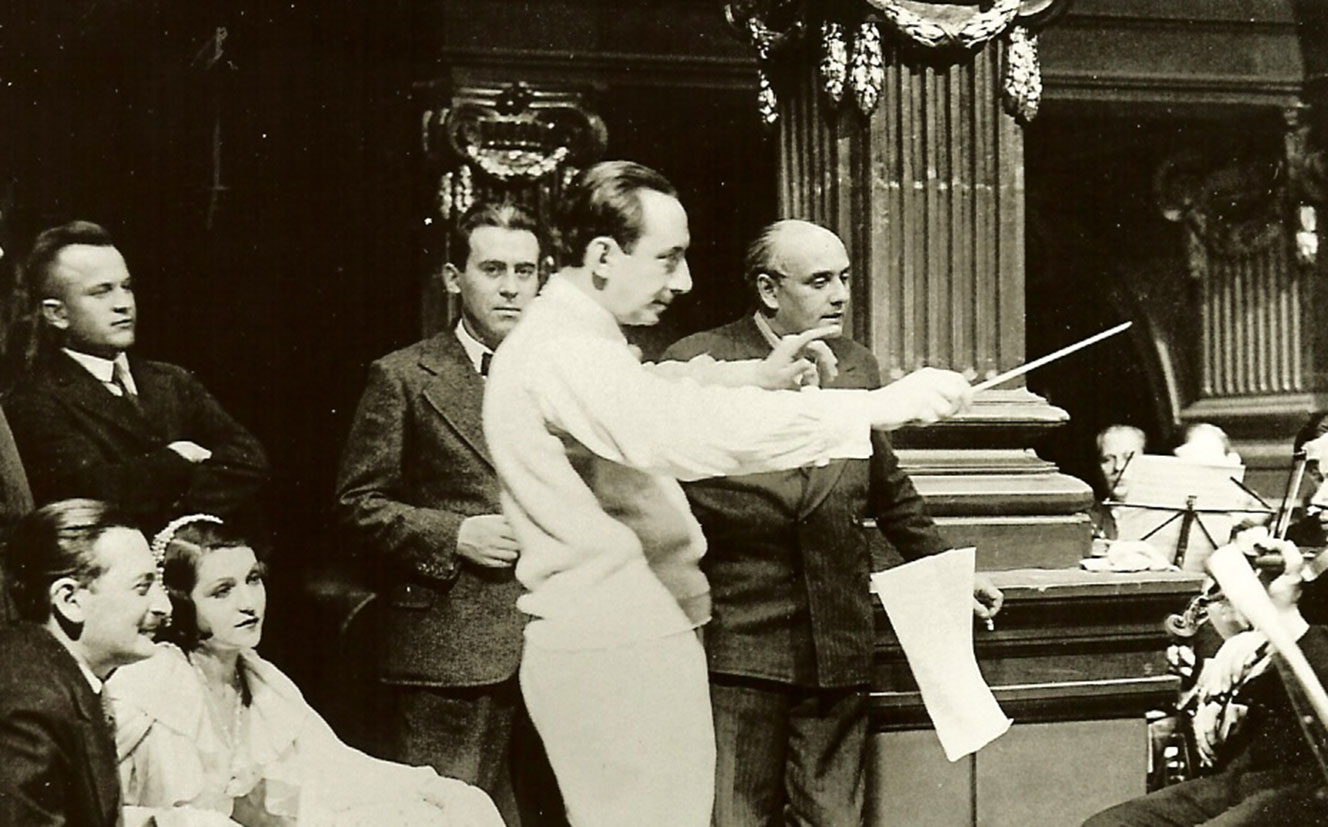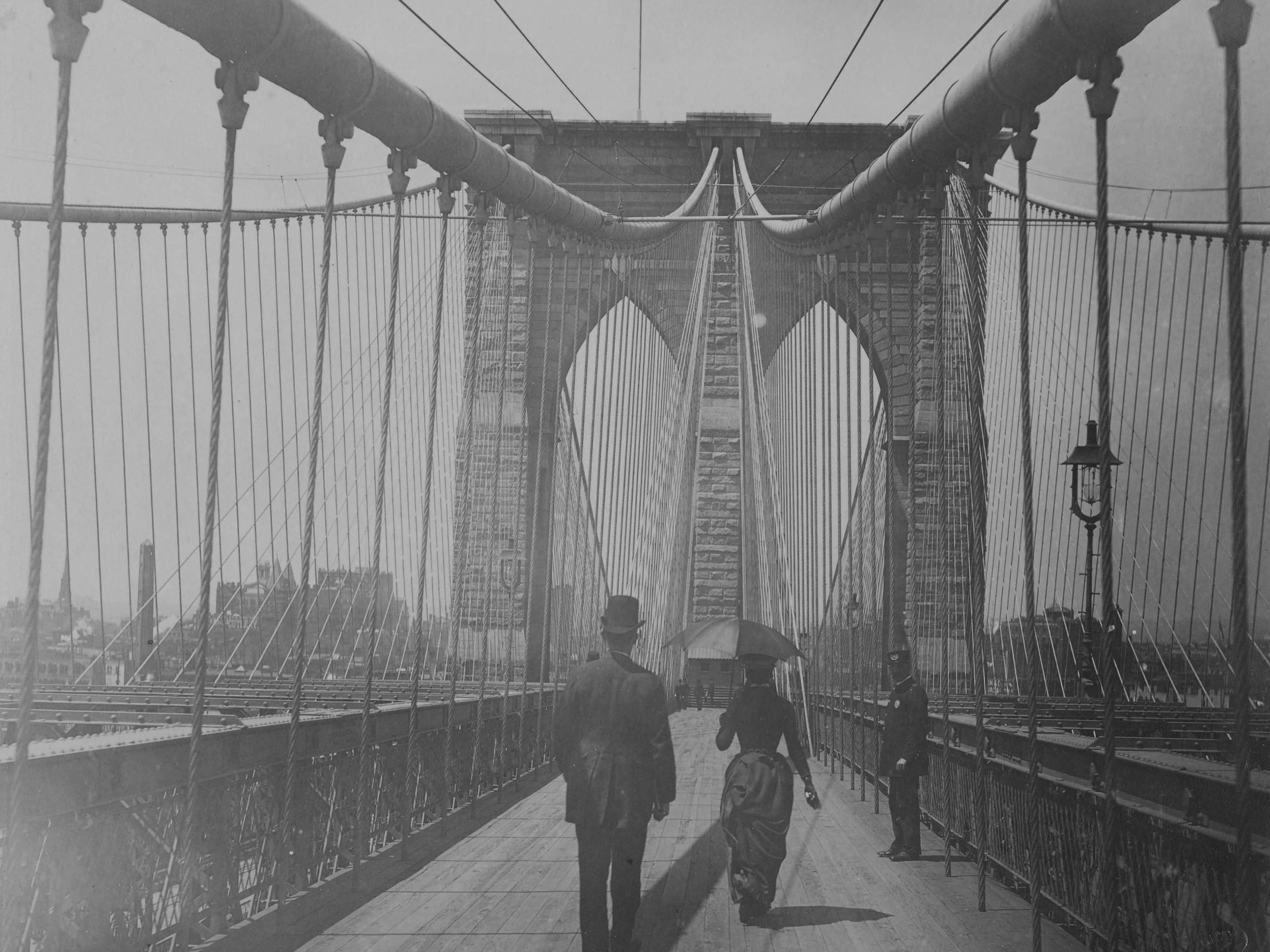- History
- Orchestra History

What a start! Erich Wolfgang Korngold was just 15 years young when the Berliner Philharmoniker performed his Schauspiel Overture op. 4 in December 1912 under the baton of their highly acclaimed chief conductor Arthur Nikisch. The young composer from Vienna was considered a child prodigy. He had already written a number of piano works, a trio, and a ballet pantomime that had been performed at the Vienna Hofoper.
Now his first major orchestral work was performed by the Berliner Philharmoniker. Although the critic who reported on the event in the Börsenzeitung was tempted to wonder whether his father, the influential music critic and teacher Julius Korngold, had not helped with the orchestration, he was effusive in his praise of the work: “There is verve and imagination in the piece, which, with skilful contrapuntal treatment, contains a mixture of tenderly lyrical and refreshingly moving, cheerful themes.” The audience was also delighted – as the thunderous applause after the performance proved.
Spoiled with success...
Five years later, the 20-year-old Korngold was already an acclaimed opera composer. While the Königliche Hofoper Unter den Linden performed two of his operas in October 1917, the composer appeared in a Philharmoniker concert – as the piano accompanist to the soprano Lotte Lehmann, who performed some of his lieder.
In the 1920s, Korngold was one of the most frequently performed opera composers of the time, and his orchestral works were regularly included in the programmes of the Berliner Philharmoniker: the Schauspiel Overture, the Symphony in B major and the Suite from the opera Much Ado about Nothing were repertoire pieces of the orchestra. Korngold also conducted the Philharmoniker on two occasions: in March 1923, when he conducted a programme of his own works, and in January 1932, when he took part in a benefit concert for the Kroll Theater.
... and then forgotten in Europe
But subsequently, Korngold and his work disappeared completely from the Philharmoniker’s repertoire. After the National Socialists seized power in Germany and Austria, things became increasingly difficult for Korngold, who came from a Jewish family. At the same time, the film industry in Hollywood discovered him as a film composer in the early 1930s. After the annexation of Austria by Nazi Germany, he decided to stay in the USA – and became one of Hollywood’s leading film composers. His approach to providing the music for a film still influences the style of film music today. In Europe, on the other hand, he was unable to continue his earlier successes after the war; his sonorous, late-Romantic style was considered outdated. Korngold died at the age of 60.
In November 2002, 70 years after Korngold’s last appearance with the Berliner Philharmoniker, one of his works was heard again for the first time in a concert by the Philharmoniker: Renaud Capuçon played his Violin Concerto, composed in 1945, under the baton of Bernard Haitink. Further performances of the piece followed with Gustavo Dudamel and Leonidas Kavakos (2012) and with Zubin Mehta and Gil Shaham (2015). Sir Simon Rattle also presented excerpts from Korngold’s film music at the 2015 Waldbühne concert. Under Kirill Petrenko, the Berliner Philharmoniker now present Korngold’s Symphony in F-sharp Major for the first time in Berlin and on its US tour – a work full of original themes and emotional power.

Arnold Schönberg in exile
In the 1940s, composers, writers, visual artists and other intellectuals who had fled the Nazis gathered in Los Angeles.

Before the Fall
Jewish Composers in Berlin in the Twenties

Yearningly successful
His two-and-a-half-year stay in America was an ambivalent time for Antonín Dvořák – characterized by triumphs, enthusiasm about new impressions, but also yearning for his Bohemian homeland.